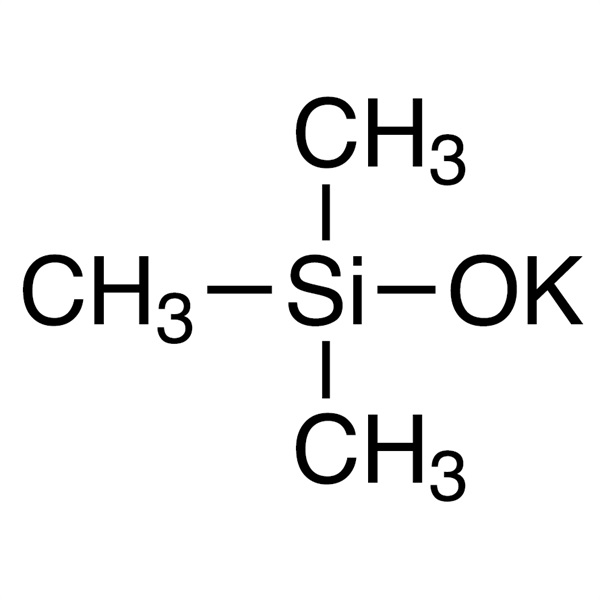Potassium Trimethylsilanolate CAS 10519-96-7 Purity >98.0% (Titration by HCl)
Shanghai Ruifu Chemical Co., Ltd. is the leading manufacturer and supplier of Potassium Trimethylsilanolate (CAS: 10519-96-7) with high quality. We can provide COA, worldwide delivery, small and bulk quantities available. Please contact: alvin@ruifuchem.com
| Chemical Name | Potassium Trimethylsilanolate |
| Synonyms | Trimethylsilanol Potassium Salt; Potassium Trimethylsiloxide; Potassium Trimethylsilyloxide |
| CAS Number | 10519-96-7 |
| CAT Number | RF-PI2115 |
| Stock Status | In Stock, Production Scale Up to Tons |
| Molecular Formula | C3H9KOSi |
| Molecular Weight | 128.29 |
| Specific Gravity | 0.91 |
| Boiling Point | 75℃ at 760mmHg |
| Hydrolytic Sensitivity | 7: Reacts Slowly with Moisture/Water |
| Brand | Ruifu Chemical |
| Item | Specifications |
| Appearance | White to Off-White Powder and/or Lumps |
| Purity / Analysis Method | >98.0% (Titration by HCl) |
| Water (by Karl Fischer) | <0.20% |
| Melting Point | 135.0~138.0℃ |
| Infrared Spectrum | Conforms to Structure |
| Proton NMR Spectrum | Conforms to Structure |
| Test Standard | Enterprise Standard |
Package: Bottle, Aluminium foil bag, 25kg/Cardboard Drum, or according to customer's requirement
Storage Condition: Store in sealed containers at cool and dry place; Protect from light and moisture


Potassium Trimethylsilanolate (CAS: 10519-96-7) can be used as a reagent in the: Hydrolysis of nitriles to primary amides. Conversion of esters to carboxylic acids, and dialkyl phosphonates to their monoalkyl phosphonates. Synthesis of E-alkenes, and nitrocefin. Potassium Trimethylsilanolate is a common catalyst for the preparation of polysiloxane polymerization and ring-opening catalysis. There is no methanol, polychlorinated biphenyls and polychlorophenols in the residue of polymerization catalysis and ring-opening catalysis. Mainly used in pharmaceutical industry.
-
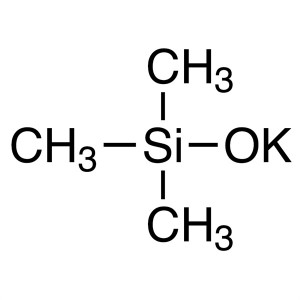
Potassium Trimethylsilanolate CAS 10519-96-7 Pu...
-
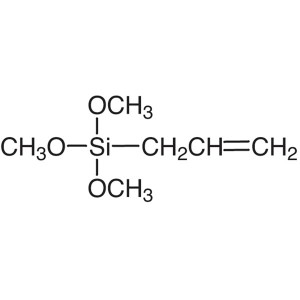
Allyltrimethoxysilane Trimethoxyallylsilane CAS...
-
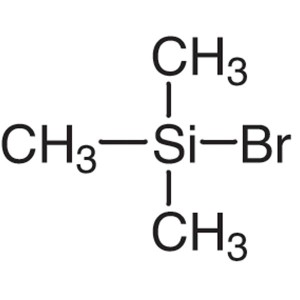
Bromotrimethylsilane CAS 2857-97-8 Purity >99.0...
-
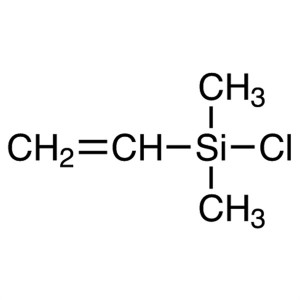
Chlorodimethylvinylsilane (DMVS-Cl) CAS 1719-58...
-
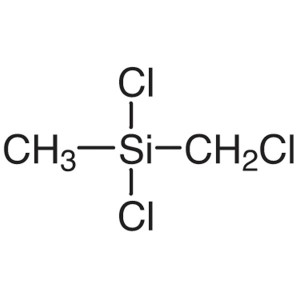
Chloromethyl(dichloro)methylsilane CAS 1558-33-...
-
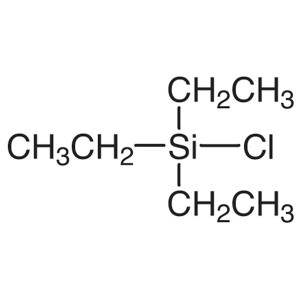
Chlorotriethylsilane CAS 994-30-9 Purity >99.0%...
-
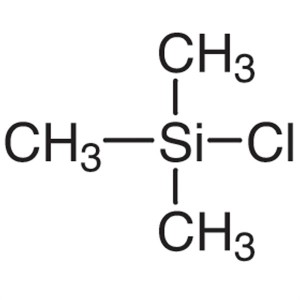
Chlorotrimethylsilane (TMCS) CAS 75-77-4 Purity...
-
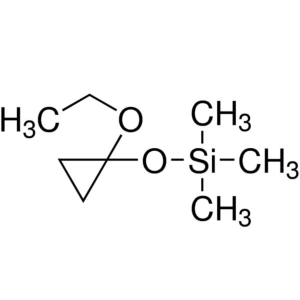
(1-Ethoxycyclopropoxy)trimethylsilane CAS 27374...
-
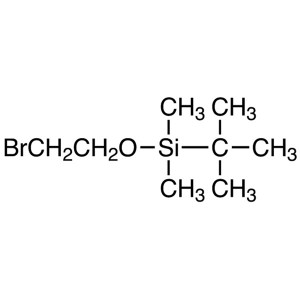
(2-Bromoethoxy)-tert-butyldimethylsilane CAS 86...
-
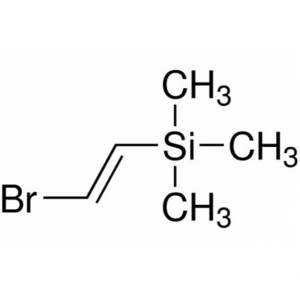
(2-Bromovinyl)trimethylsilane CAS 41309-43-7 Pu...
-
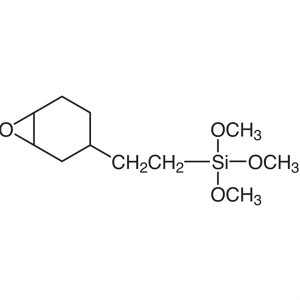
2-(3,4-Epoxycyclohexyl)ethyltrimethoxysilane CA...
-
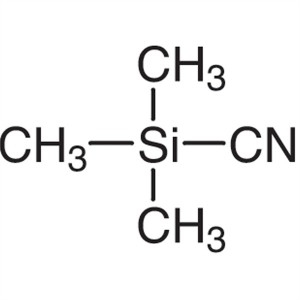
Trimethylsilyl Cyanide TMSCN CAS 7677-24-9 Assa...
-
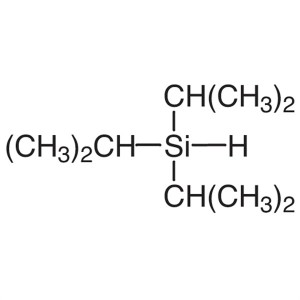
Triisopropylsilane (TIPS) CAS 6485-79-6 Purity ...
-
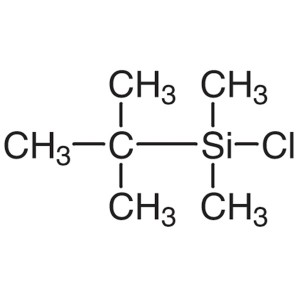
TBDMSCl CAS 18162-48-6 tert-Butyldimethylsilyl ...
-
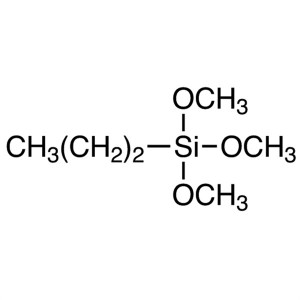
Trimethoxy(propyl)silane CAS 1067-25-0 Purity >...
-
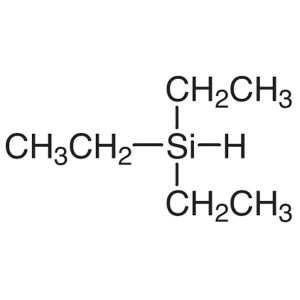
Triethylsilane (TES) CAS 617-86-7 Purity >99.0%...

